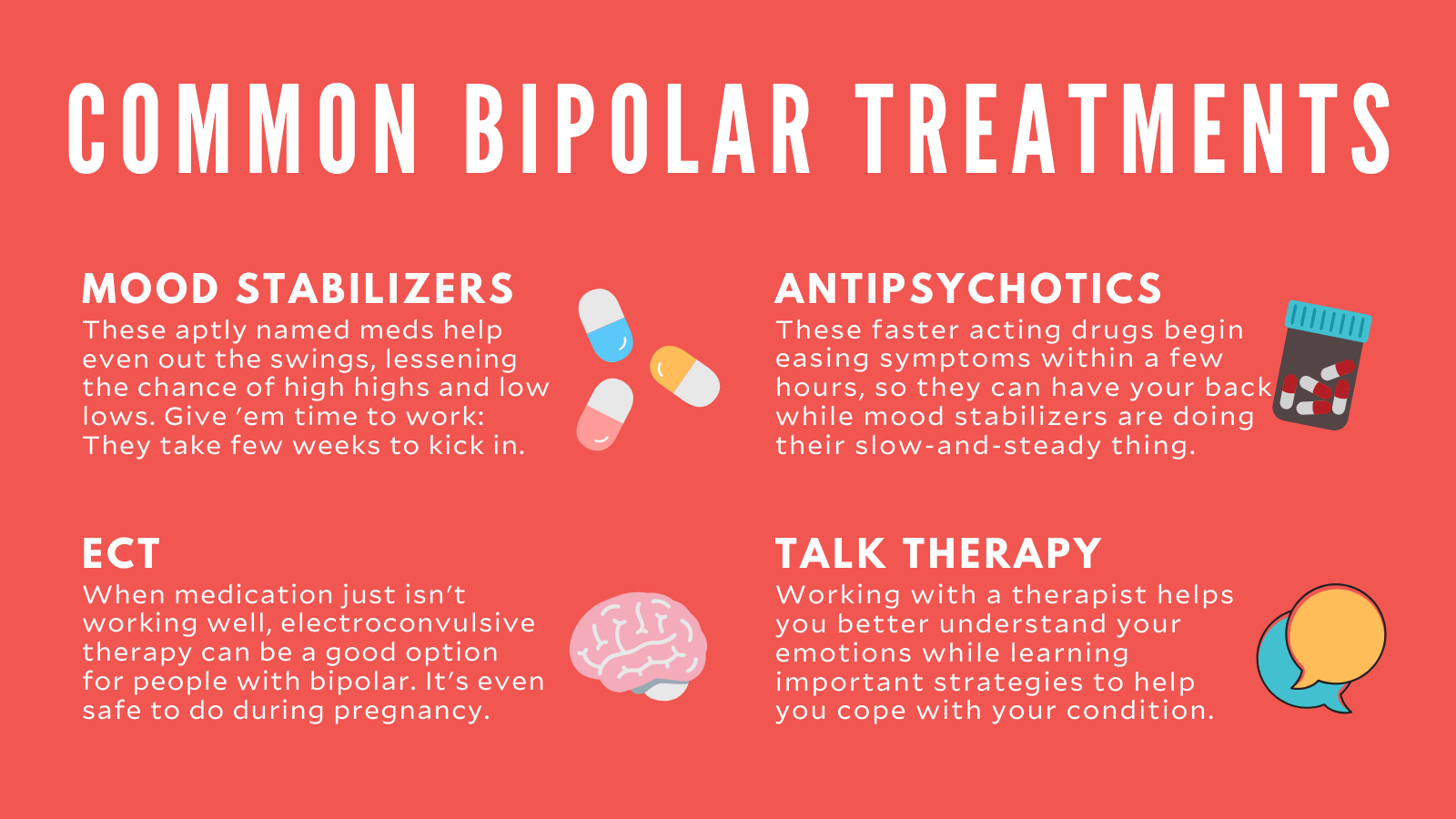Breathtaking Tips About How To Deal With Bipolar Disorder
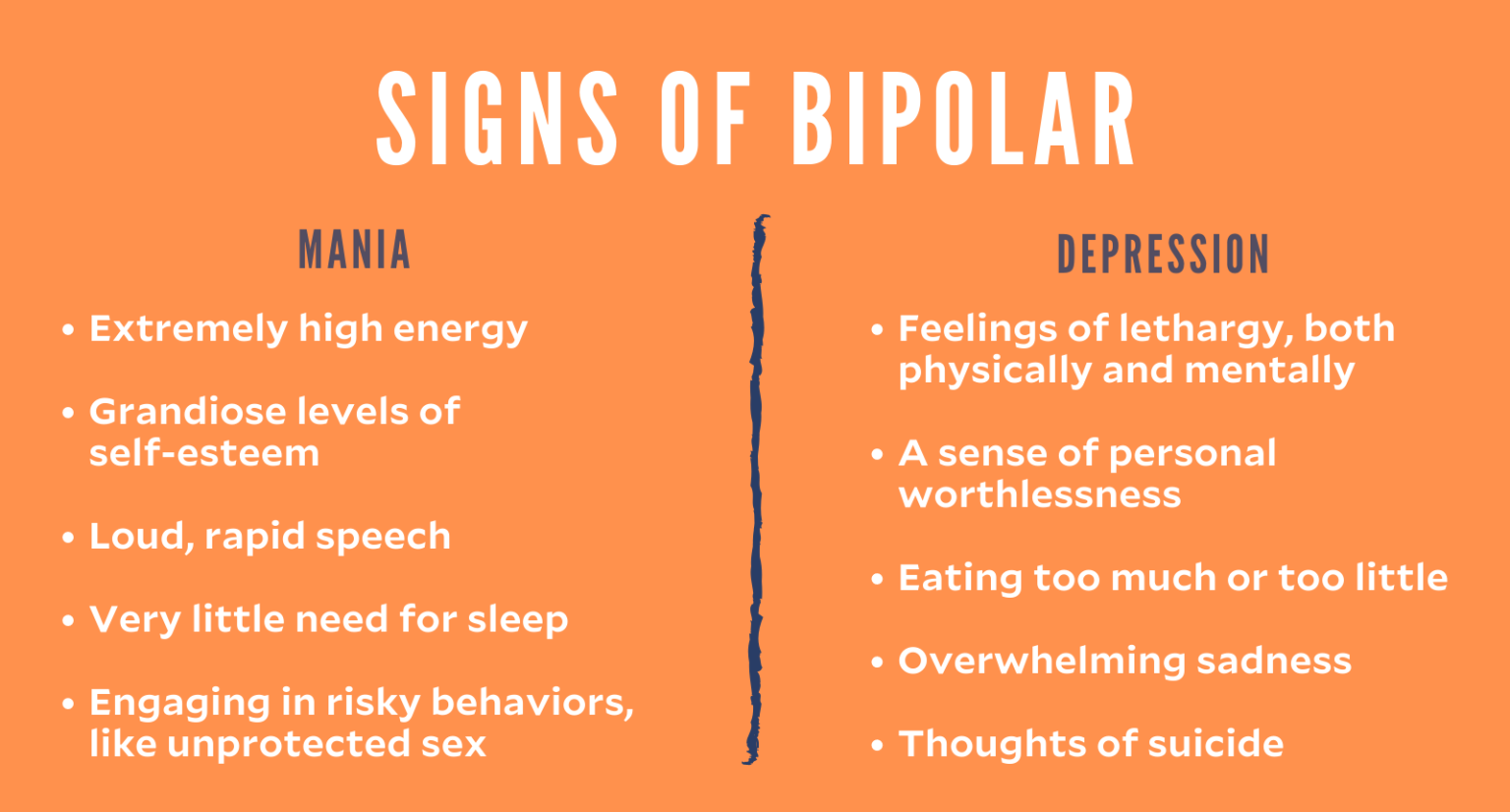
When you receive treatment, make sure that you’re playing an active role.
How to deal with bipolar disorder. Call your doctor or therapist. Although the symptoms may vary over time, bipolar disorder usually requires lifelong treatment. Accepting bipolar disorder involves acknowledging that things may never again be “normal.”
Likewise, you have not caused them. When you're feeling frustrated or guilty, remember that bipolar disorder isn't anyone's fault. Pay attention to what your loved one has to say.
But truly it’s just a survival. Antipsychotic medications are common for the treatment of bipolar disorder and can help reduce the frequency and severity of mood episodes. Remember that bipolar disorder is a biological disorder and your loved one cannot control their symptoms.
Find ways to manage bipolar disorder understanding how to manage bipolar disorder is step one in successfully coping with this condition. The first step to successfully dealing with bipolar disorder is for families to learn to accept the illness and its difficulties. Bipolar disorder is characterized by mood swings ranging from depressive lows to manic highs.
Bipolar disorder affects about 8 million people in the us and an estimated 40 million individuals worldwide. A variety of options are available that can. Treatment for bipolar disorder aims to reduce the severity and number of episodes of depression and mania to allow as normal a life as possible.
You can do what you can do, each day. Some are accessed through referral from your gp, others through your local authority. Get a full eight hours of sleep.
Be an active participant in your treatment. Samaritans sane talking therapies are useful for managing bipolar disorder, particularly during periods of stability. People often think i’m a gal that’s got it all together.
Bipolar disorder can cause shifts in mood, which may affect relationships. Symptoms of bipolar disorder typically start between age 15 to 25 years, often with an initial episode of depression. The most important thing to note here, especially in the beginning, is there’s no magic pill or trick to getting severe bipolar disorder under control.
Consider collaborating with a therapist. Bipolar disorder changes the course of your life — but it doesn’t mean you can’t do great things and. Lack of connection to others can also put you at risk for a depressive episode.
In most cases, bipolar disorder is treated with medications and psychological counseling (psychotherapy). They may include mania or hypomania and depression. For instance, understanding the symptoms of manic and depressive episodes can help you react.
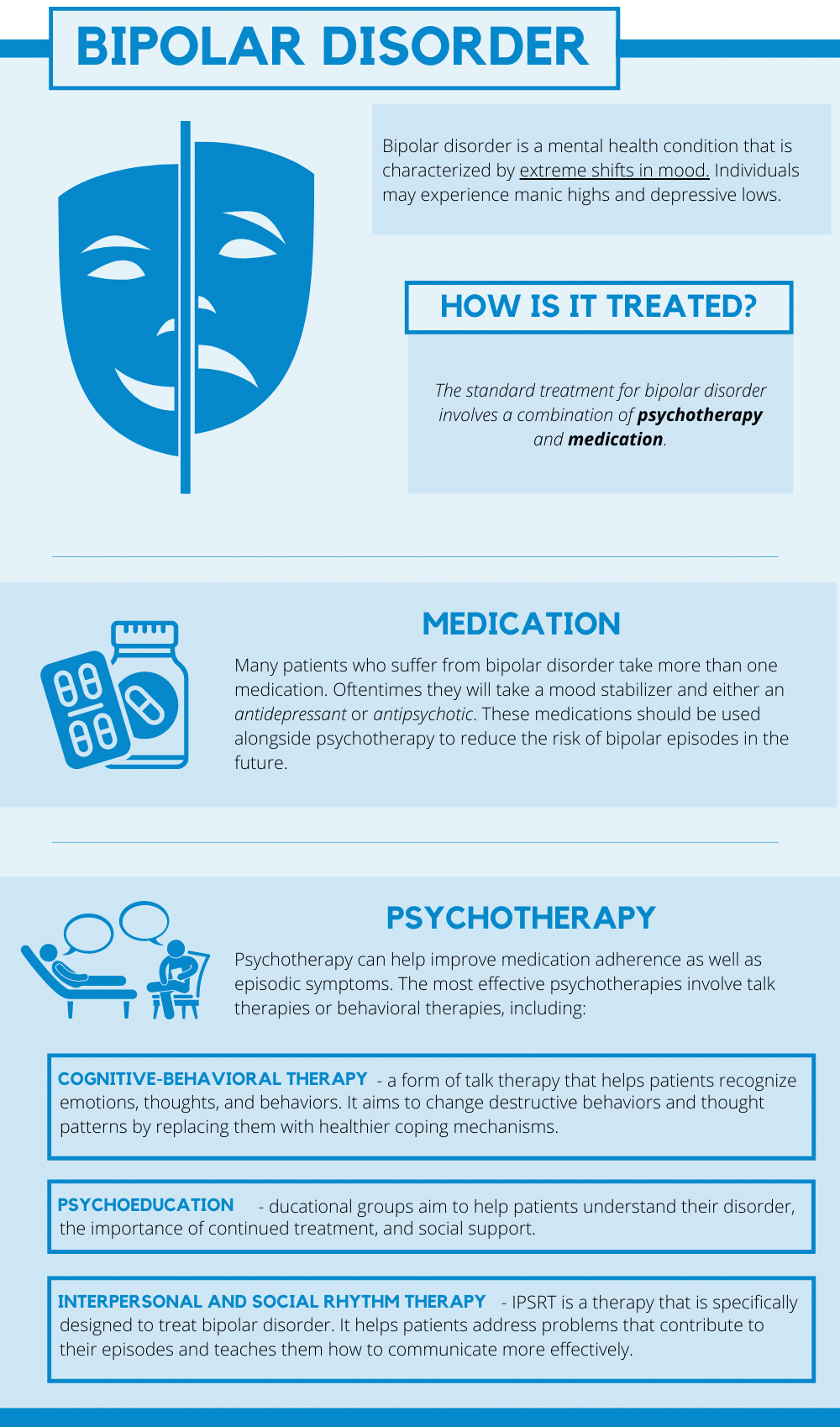


:max_bytes(150000):strip_icc()/bpd-vs-bipolar-5096132_FinaL-e946be6d6df04527a2a043e6e974abd0.jpg)
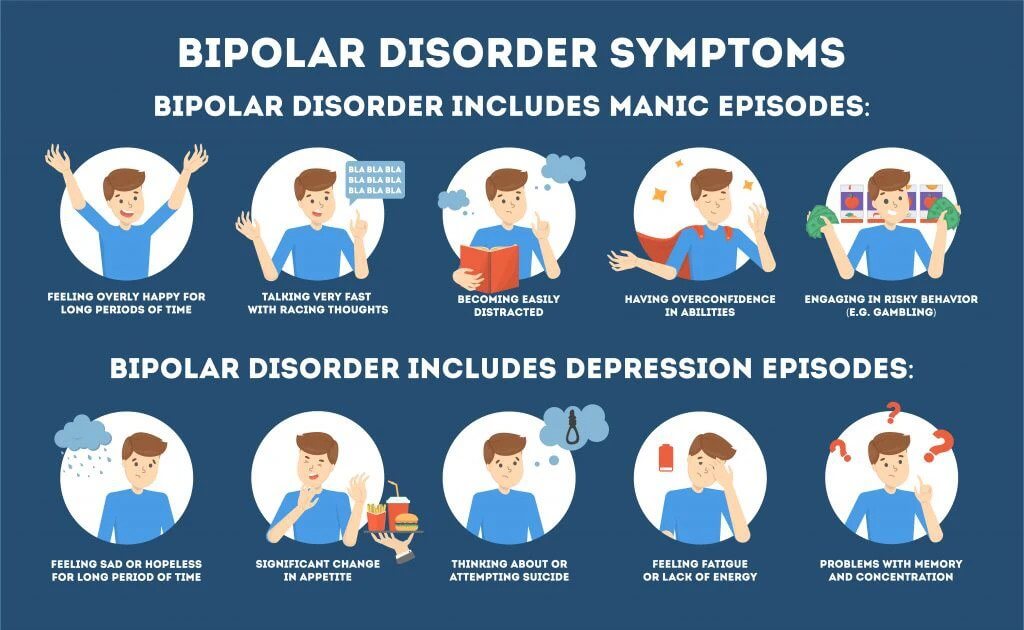
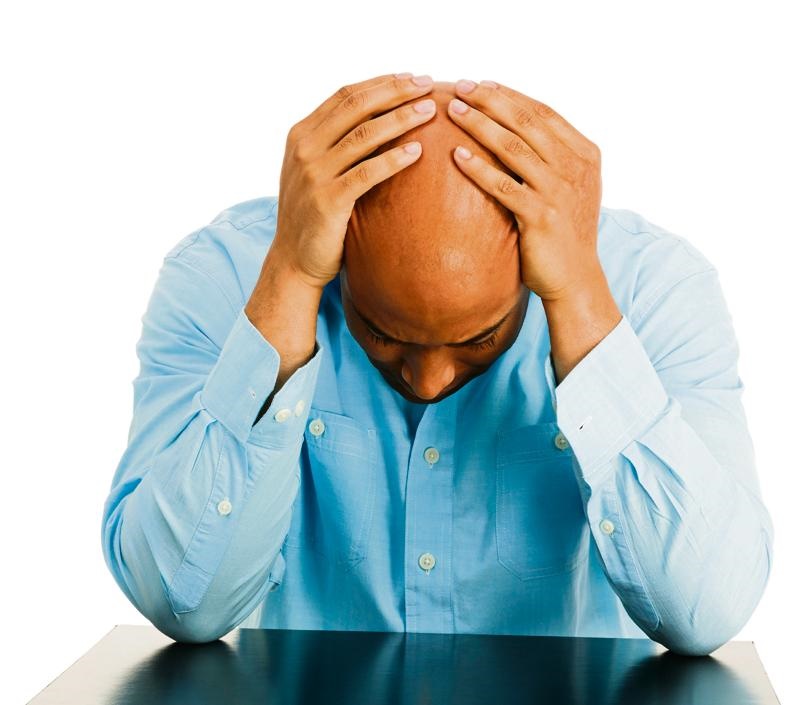

:max_bytes(150000):strip_icc()/when-your-your-loved-one-has-bipolar-disorder-5115269_final-ac91810fa53b49249830fd3ab718e406.jpg)
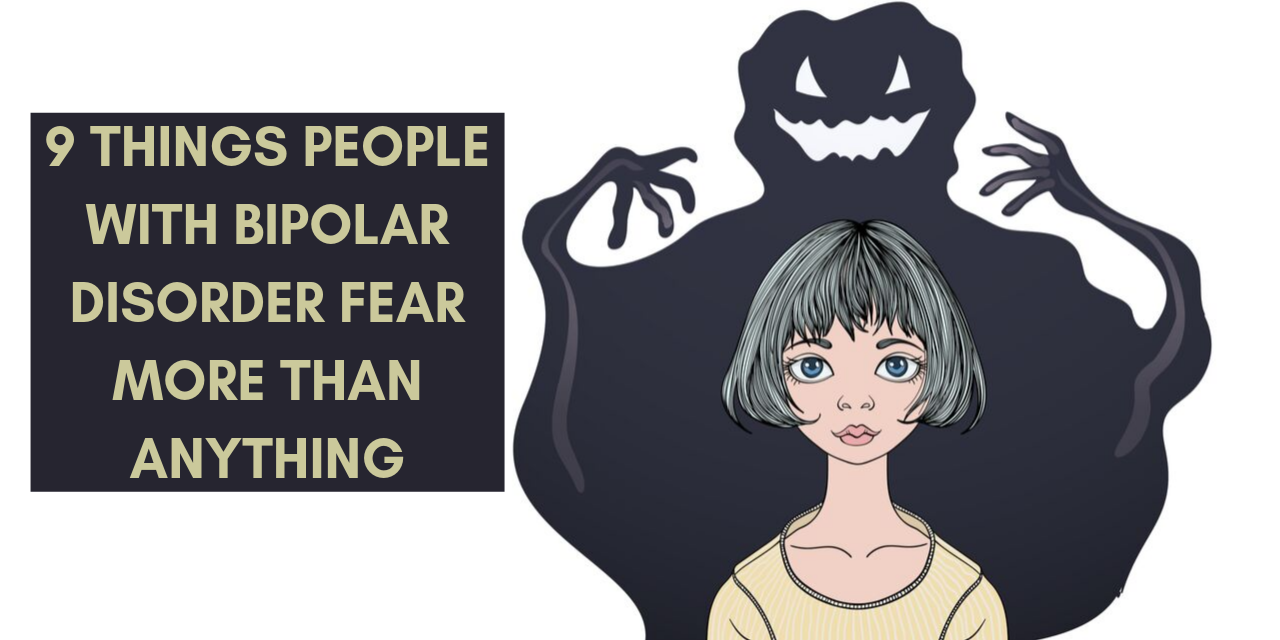
:max_bytes(150000):strip_icc()/what-not-to-say-to-somebody-with-bipolar-disorder-380598-final-5b0252c79432480c80bc58860d82f24e.png)



